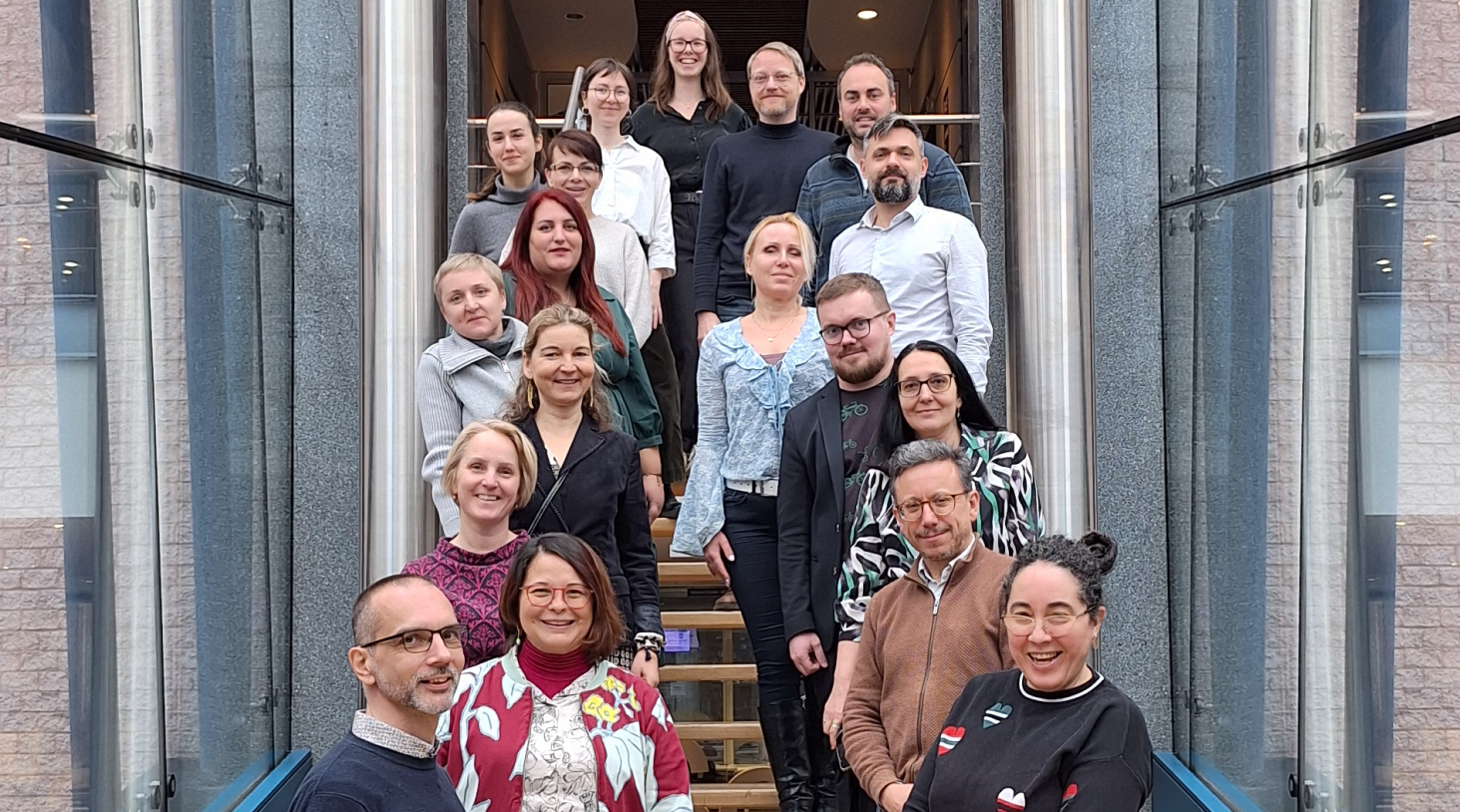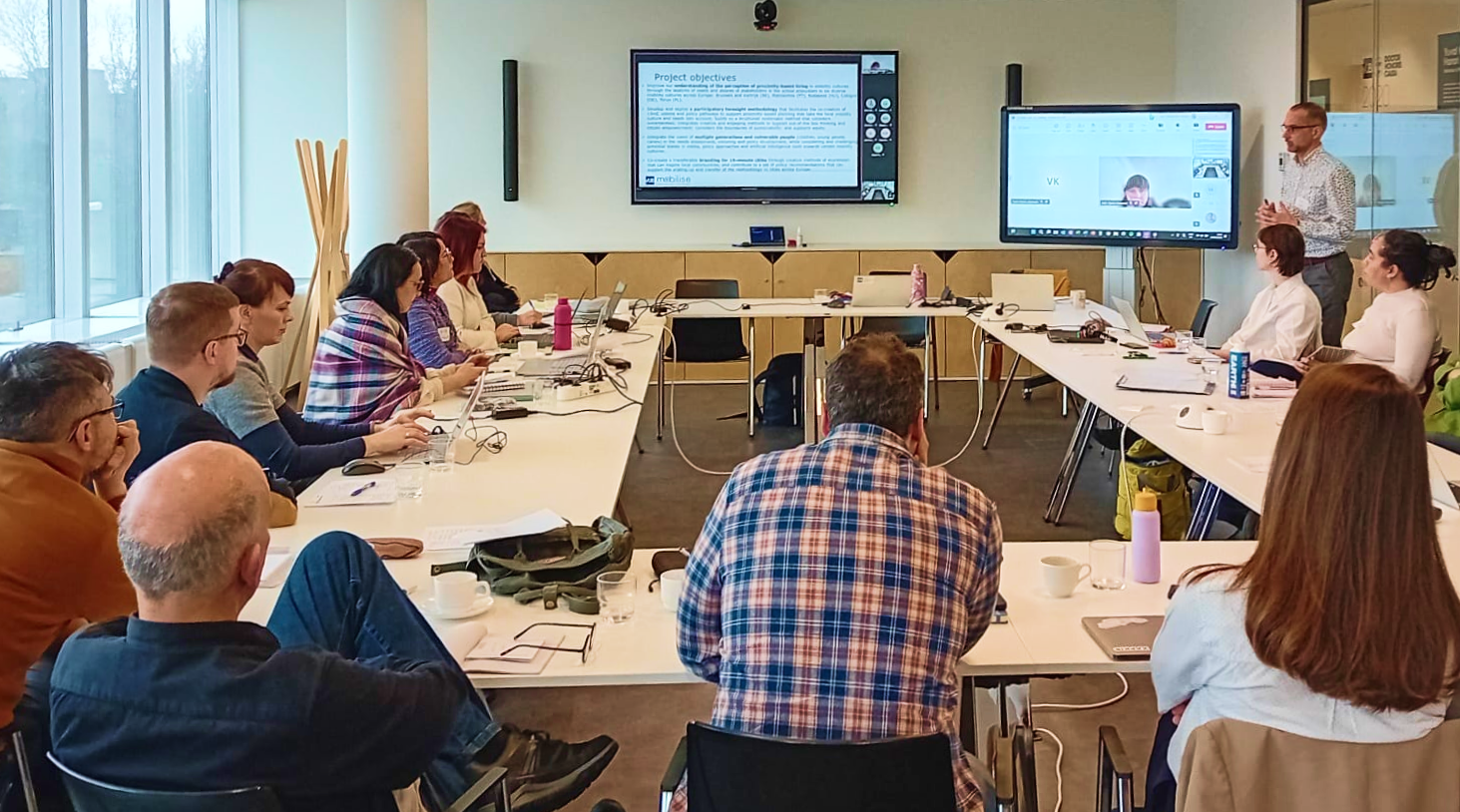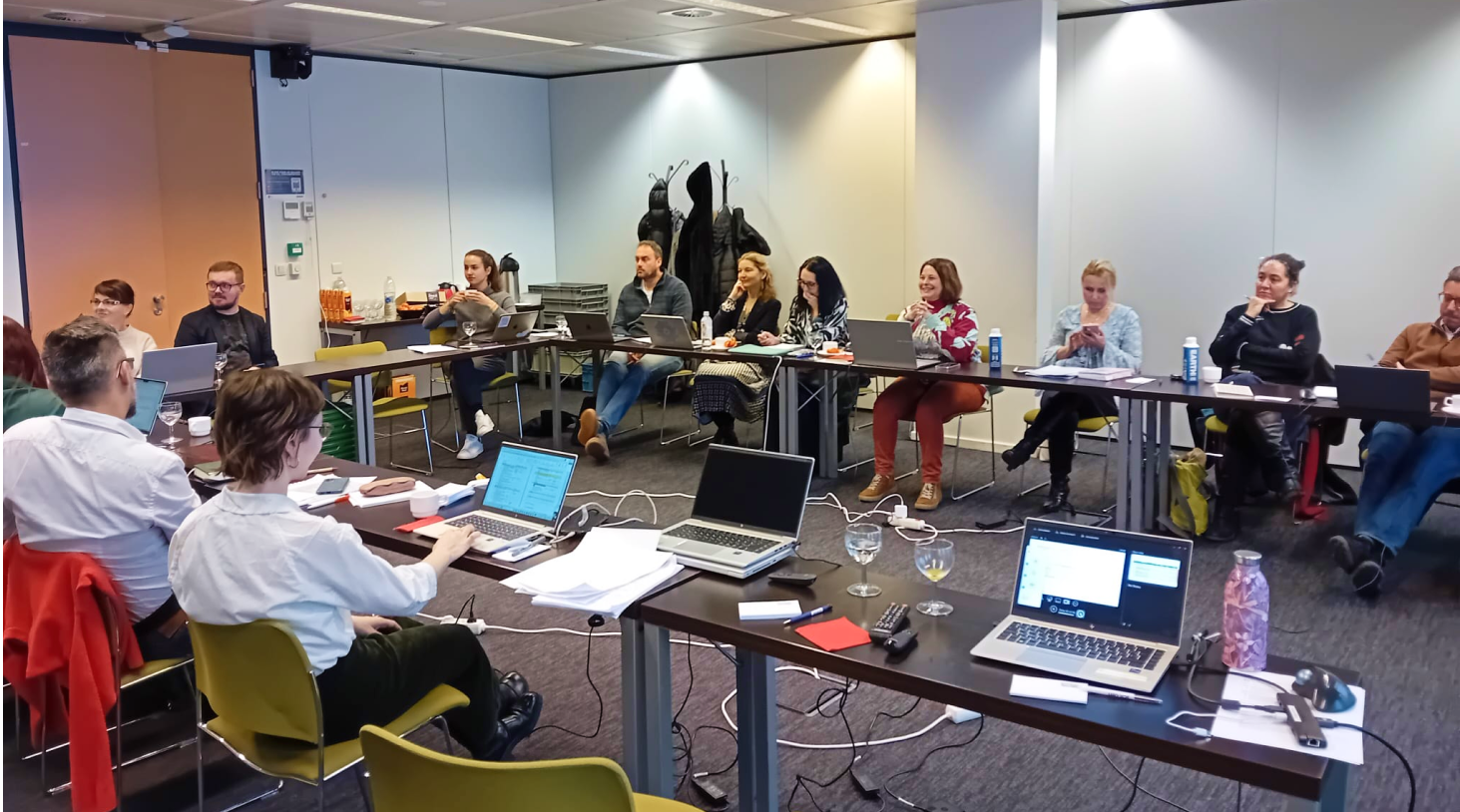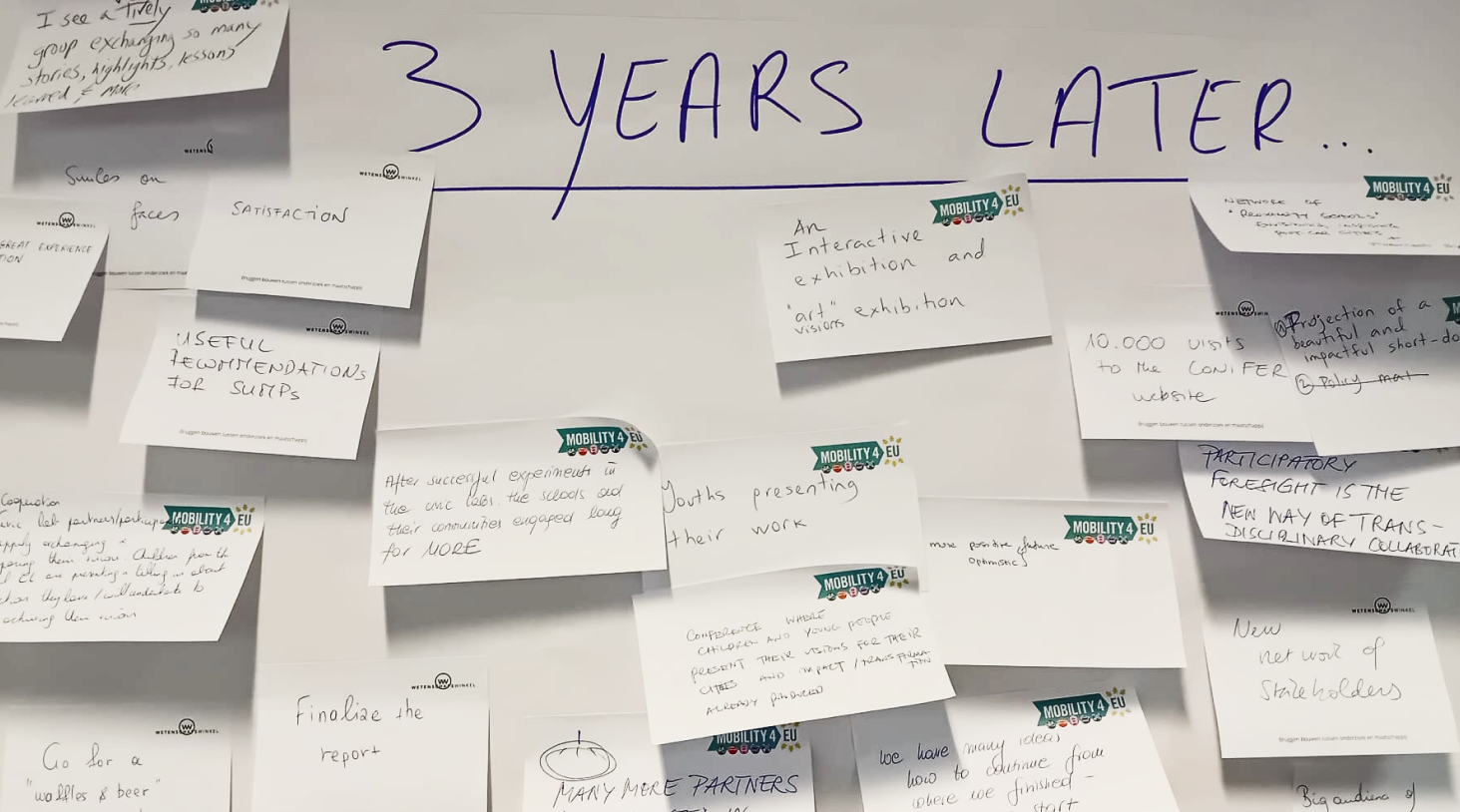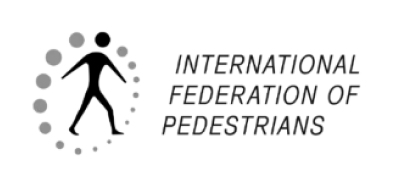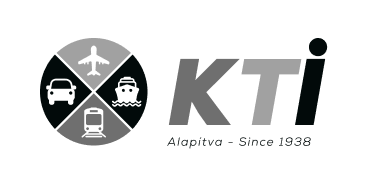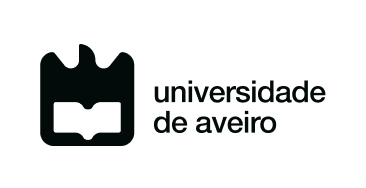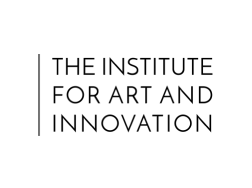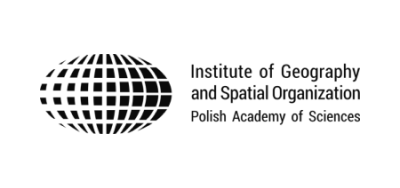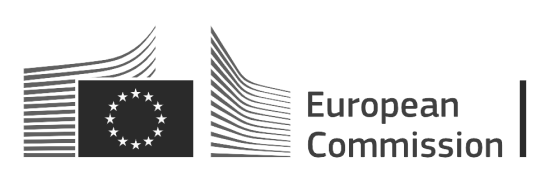CONIFER
The CONIFER (project full title: Co-imagining needs-based mobility visions for the proximity city) project aims to reshape urban mobility cultures by promoting the 15-minute city (15mC) concept. Through participatory foresight methodologies, CONIFER actively engages children, young people, carers, and teachers in co-designing sustainable, accessible, and inclusive cities. By integrating gamification, AI-assisted scenario modeling, and creative co-creation methods, the project seeks to empower communities in six European cities to envision and advocate for proximity-based urban living.
Project Impact
The CONIFER project is transforming urban mobility and planning by enhancing accessibility and walkability through community-driven research and policy development. It fosters social inclusion by ensuring diverse voices, particularly young people, play an active role in shaping urban spaces. By leveraging innovative methods such as AI and gamification, the project co-creates sustainable mobility solutions that align with the 15-minute city model. Additionally, CONIFER develops transferable frameworks that can be adopted by other European cities, promoting a more inclusive and accessible approach to urban living.
This project has received funding from the European Union’s Horizon Europe programme under project number: TMP-DUT-2023-0152

Objectives
- Understand and map mobility cultures in six European cities to identify barriers and opportunities for implementing the 15-minute city model.
- Develop and test a participatory foresight methodology combining digital tools, gamification, and community engagement to shape future urban mobility.
- Empower local communities by involving children, young people, and caregivers in designing more accessible and people-centered urban environments.
- Create a scalable 15mC model with policy recommendations, urban branding strategies, and transferable best practices for European cities.
- Strengthen local and EU-level dialogues on sustainable mobility, urban planning, and citizen participation.

